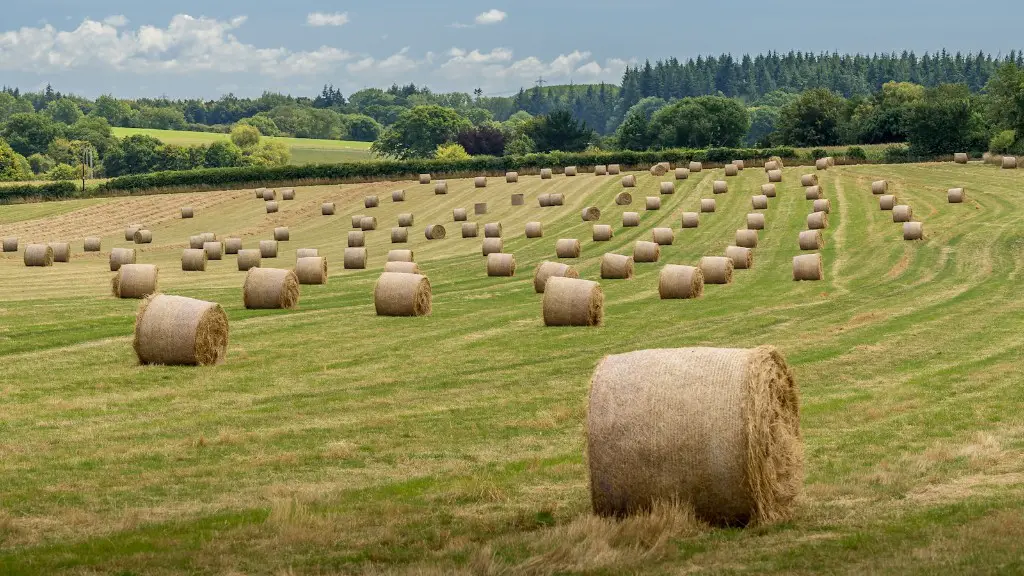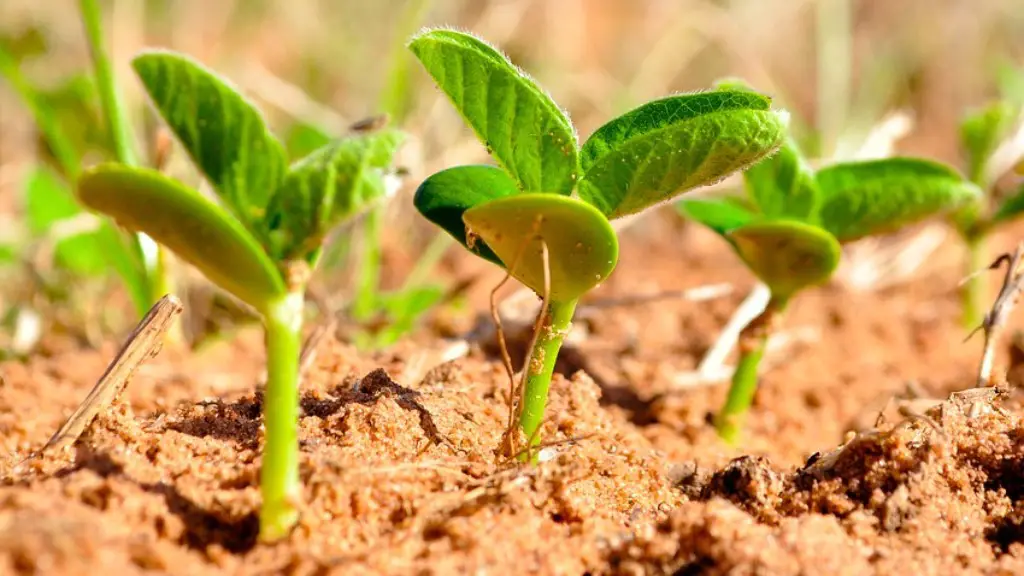Agriculture is an industry with endless potential. Many of us have heard of the potential of pursuing a career in it and are intrigued by the idea that we can apply our skills in science, technology, and communication to help support this ancient practice. Unfortunately, with the demands of modern life and the prevalence of urbanization, the amount of agricultural students is steadily decreasing. So is the demand for agricultural degrees genuine, or is there a gap in the use of its benefits? This article will discuss the pros and cons of studying agriculture and answer the question: is it worth it?
Career Options With An Agricultural Degree
Despite the decrease in demand for agricultural degrees, there is still a good range of career options available to those pursuing them. For starters, you can use your degree to gain employment in local and national government organizations that specialise in agricultural development. You can also explore positions in private and public research organizations, managing the development of crops, livestock and other natural resources. Additionally, there are opportunities within educational institutions, assisting with the research and training of students and farmers. These are just a few of the potential career options with an agricultural degree.
Cons of Studying Agriculture
Firstly, studying agriculture requires a high-level of commitment and knowledge. Studying the sciences and other related topics requires critical thinking, problem solving and a lot of research. Additionally, the nature of the industry means you have to have a good understanding of the world around you, and be able to understand and share different perspectives. Many students will find this overwhelming, so it’s important to take these factors into consideration before embarking on a degree in agriculture.
Further, it’s important to consider the career options available to you when deciding on a course. While some courses may lead to employment in research or educational institutions, others leave graduates with little work experience in the agricultural industry, limiting the opportunities available to them.
Pros of Studying Agriculture
Despite the challenges, studying agriculture does come with its benefits. Firstly, it offers graduates a unique and highly specialised skillset that can open doors to research, management and promotional roles in the sector. You’ll also gain a better understanding of the sector, its current challenges and the potential solutions. This will equip you to start your own business, or become a leader in your chosen field.
Moreover, studying agriculture allows you to meet passionate, ambitious and supportive people who’ll help you achieve your career goals. You’ll gain insight into the industry from farmers, agricultural professionals, business people and scientists.
Travel Opportunities
Furthermore, it’s not just the connections you’ll make that you’ll take away from studying agriculture – the field also provides many opportunities to travel and explore the world while expanding your knowledge. There are many international exchanges available to students and graduates, giving you the chance to experience different cultures, learn a new language, compare and contrast different agricultural practices, and gain a global outlook on the sector.
Conclusion
Studying agriculture is a worthwhile endeavour, ensuring opportunities to gain a specialised skillset, expand your knowledge and open the door to potential career pathways. With the right attitude and knowledge, there is an array of benefits to be gained from studying agriculture. Though there are some cons, the pros make the challenge of studying worth the effort.
Staying Up-To-Date
The world of agriculture is constantly evolving; therefore, keeping up to date with the latest news, trends and developments is fundamental for success. To be successful, you need to attend seminars, conferences and other activities related to the sector to keep your knowledge and skills current. This will also give you access to industry professionals who can offer valuable advice and provide you with the opportunity to network and make valuable contacts that could open doors in the sector. Additionally, there are many publications, blogs and websites dedicated to the agricultural industry, offering essential information and the latest insight.
Work Experience
A key benefit of pursuing an agricultural degree is the potential for work experience. This could be during your studies or after you have graduated. Many farms and research organizations offer internships and placements to students, providing you with invaluable experience that could lead to employment. Furthermore, if you pursue work experience while in school, this could give you the confidence and experience necessary to pursue a career in agriculture in a more competitive job market.
Conclusion
All in all, studying agriculture can provide you with the knowledge, skills and experience needed for a successful career in the agricultural industry. With the right attitude and commitment, you can explore a variety of different career paths, increase your potential job opportunities and make valuable connections. Not only that, but studying agriculture also gives you the opportunity to explore the world and learn about different cultures. Ultimately, studying agriculture is well worth the effort.


